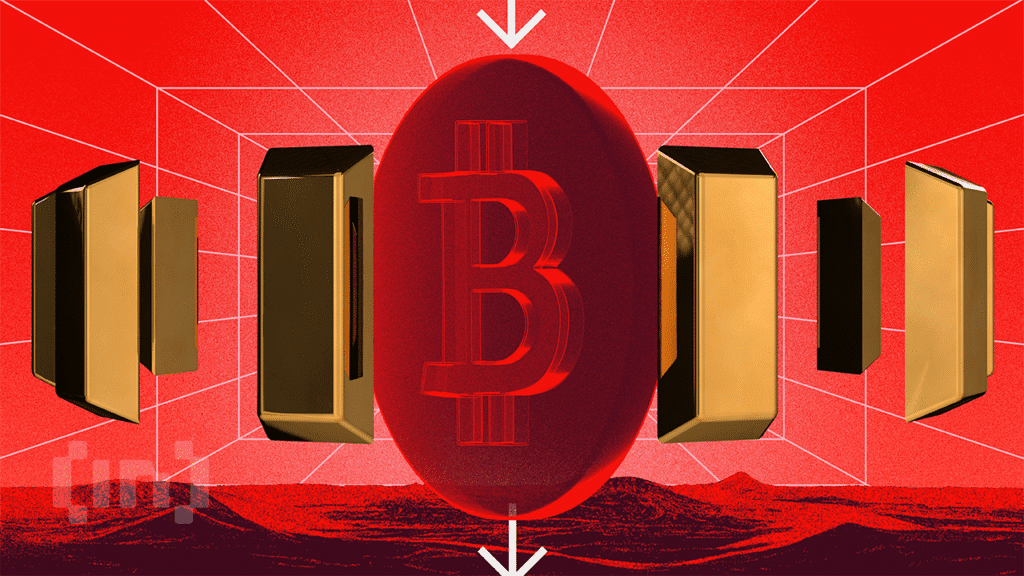A tweet from Paraguay President Santiago Peña claimed that the country adopted Bitcoin as its fiat currency. The post includes styled graphics as an executive order, saying Paraguay has created a $5 million Bitcoin reserve.
It also suggests that the country will provide cryptocurrency bond access to “crypto-enabled citizens.” However, a closer look at the post suggests that the president’s official X account can be hacked.
Another president hacked and stole the code
The images attached to the tweet look like styled like an executive order. However, its design, tone and format do not match official Paraguay government documents.
Language contains unusual phrases. Terms such as “Etiquetado de Tesorería” and “Ciudadanos Habilitados Por Criptomonedas” are not used in formal legal contexts.
The document sticker appears to be digitally inserted. Border designs are common. This announcement uses conversational language rather than formal legal or policy terminology. Terms such as “Ciudadanos Habilitados Por Criptomonedas” and “Etiquetado de Tesorería” are not the standard legal language in Spanish.
Most notably, the tweet includes a Bitcoin wallet address. This is a general feature of crypto fraud posting and is a very unorthodox feature in government communication.
President Peña had not previously publicly supported Bitcoin as a legal currency. His administration has taken a cautious approach to regulating cryptographic regulations.

Paraguay allows Bitcoin mining for hydroelectric surplus. However, the government has raised concerns about illegal miners using the national power grid.
Pena is a trained economist and former IMF advisor. His policy focus was not on cryptographic adoption, but on fiscal reform and digital infrastructure.
In 2021, Paraguay’s Parliament discussed a bill regulating crypto mining. However, the efforts were ahead of Pena’s presidency and did not involve a legal bid position.
The current administration is not pursuing known efforts to integrate Bitcoin into the country’s monetary system or financial operations.
The evidence strongly points to hacked accounts or false spoofing.
Including a Bitcoin wallet address is unprecedented in the classic tactics of national policy and crypto fraud.
Disclaimer
All information contained on our website is published in good faith and in general information only. Any actions that readers employ on information found on our website are strictly at their own risk.

